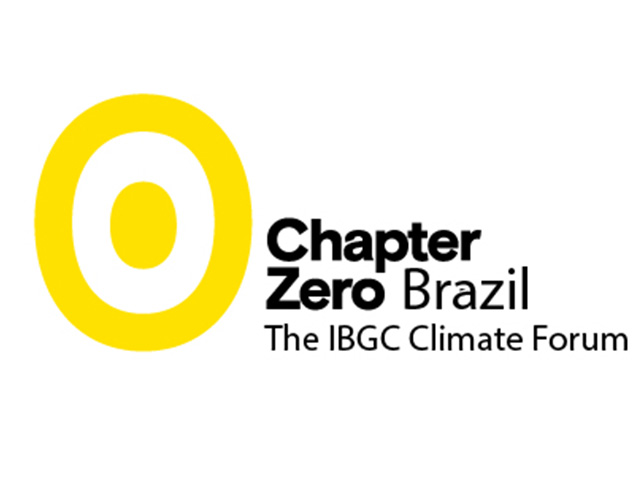Date: 24 March 2021

Host:
Chapter Zero Brazil
Panellists:
- Pedro Melo, CEO, Brazilian Institute of Corporate Governance
- Peter Gleason, CEO, National Association of Corporate Directors in the USA
- Rahul Bhardwaj, President & CEO, Institute of Corporate Directors in Canada
- Susan Hooper, Founding Director, Chapter Zero; Non-Executive Director, Uber UK, Moonpig plc, The Rank Group plc, Affinity Water
Moderator:
Marta Viegas, Head of Corporate Governance at IDB Invest (Inter-American Development Bank)
If we’re to avoid corporate greenwashing and inaction, we need boards to be climate competent. That means members having a good level of understanding of the challenges that climate change poses, and an interest in tackling them from within the business. But how can we ensure that boards play their proper role in driving climate transition strategies, if knowledge levels vary from person-to-person?
That was the question that the Chapter Zero Brazil panel, hosted by IBGC Conecta, was looking to answer on day two of the Climate Governance Initiative Global Summit.
The panel discussed the need for boards to be ‘critically curious’ in a way that leads to embedding sustainability into their corporate strategies. And it’s the Chapter’s goal (aside from limiting global warming via board governance) to support non-executive directions in facilitating and being part of informed conversations about climate change.
It’s the chair or lead independent director, our experts concluded, who is the linchpin when it comes to helping boards become more engaged with climate change. It’s their responsibility to show how sustainability can impact their board’s long-term performance. As things stand, too many companies are failing to meet their obligations because they simply don’t have the structures in place to facilitate learning on the subject.
“The lack of meaningful strategies embedded into the corporate strategy is the single biggest hurdle in creating meaningful measures to move the dial on this topic in the next five years,” said Chapter Zero’s founding director, Susan Hooper.
A basic framework of fiduciary duty does already exist to bring boards and management together, but companies still need to be more explicit in how they intend to include climate change in their operations, the panel concluded. To achieve that, four key actions need to be completed by company boards: establishing baseline emissions, building climate change into strategic planning and corporate policy development, and setting achievable targets. And of course, boards need to be held accountable to those targets. The more educated board members are on climate change, the more likely they may be to actively strive to achieve ambitious goals.